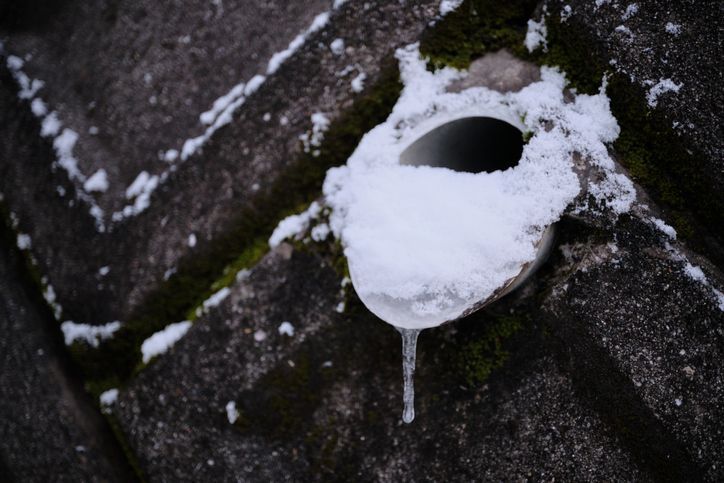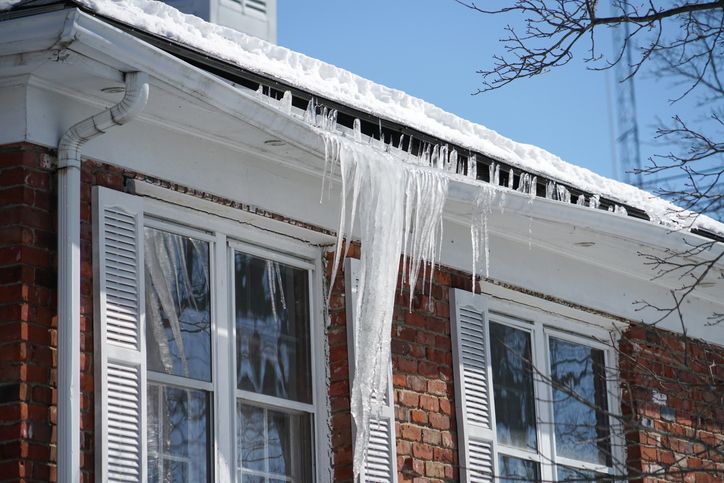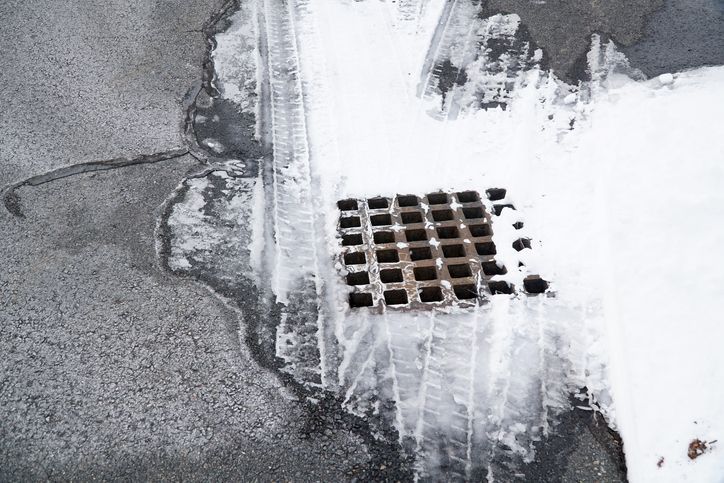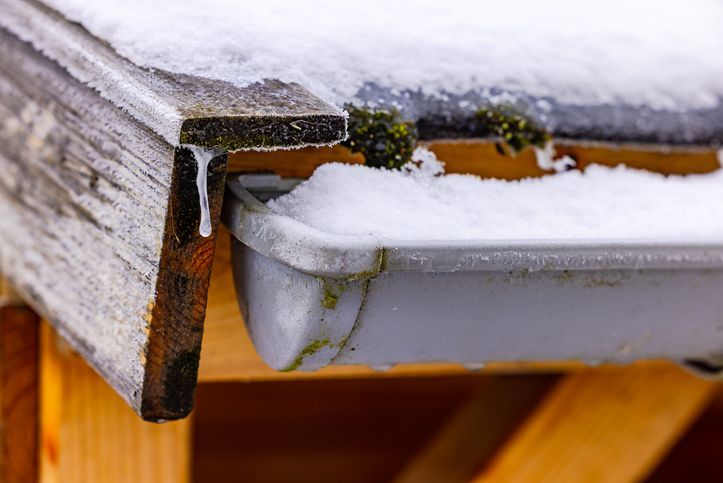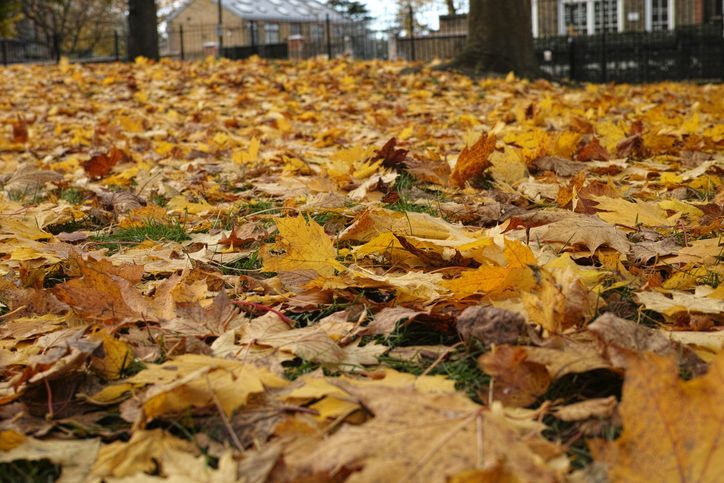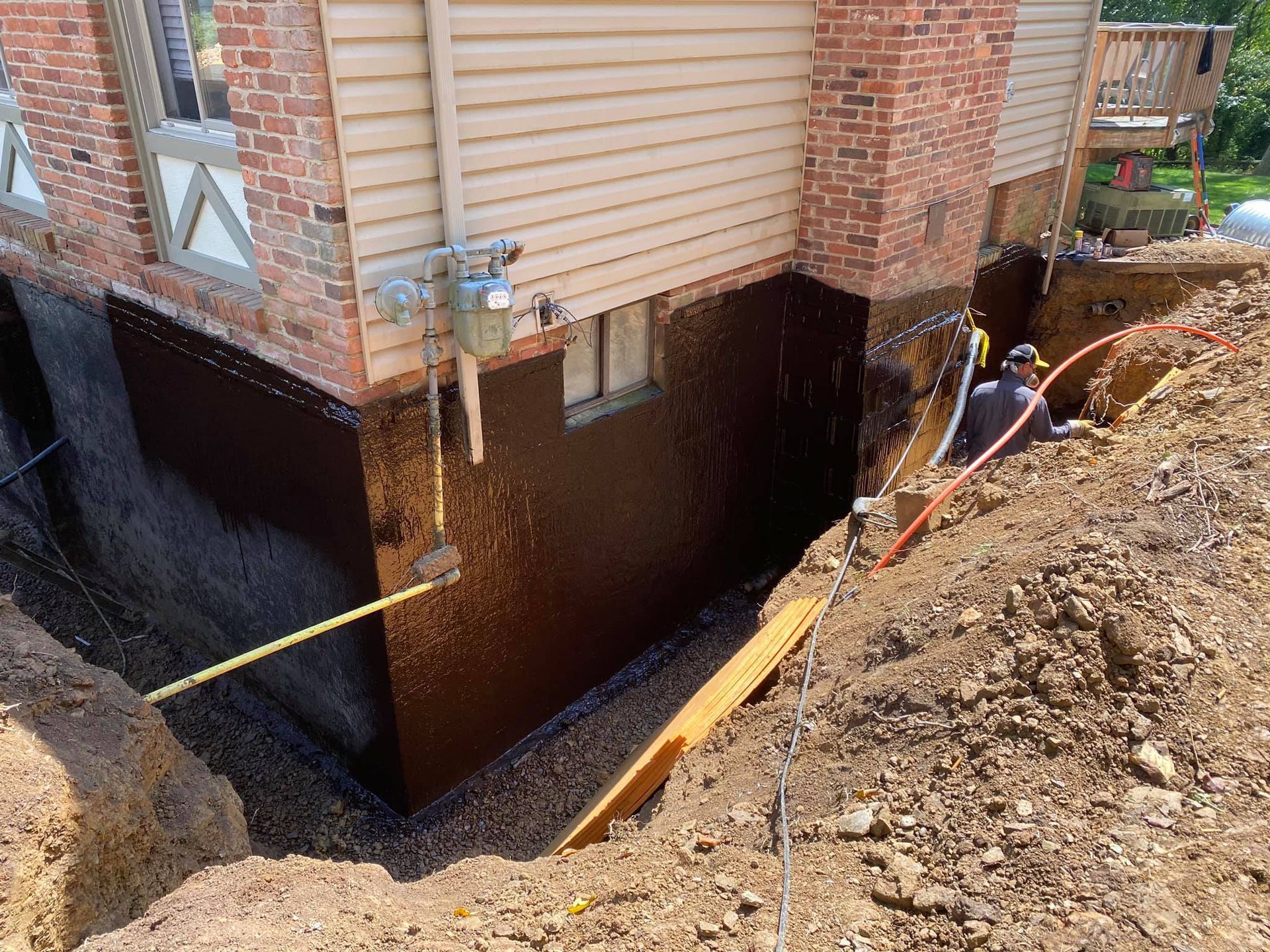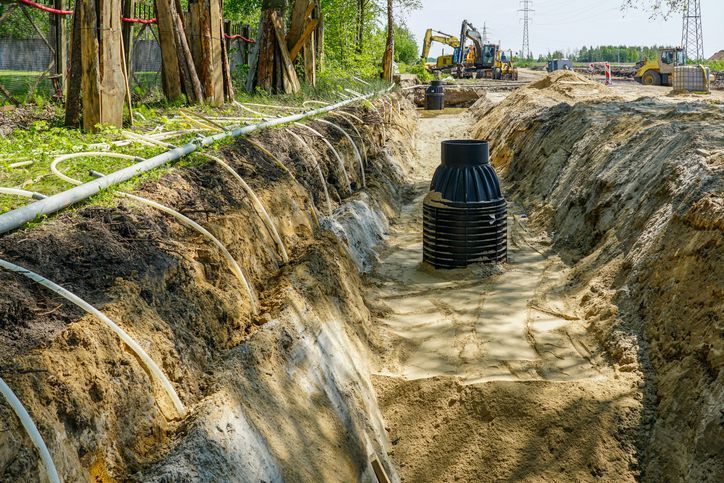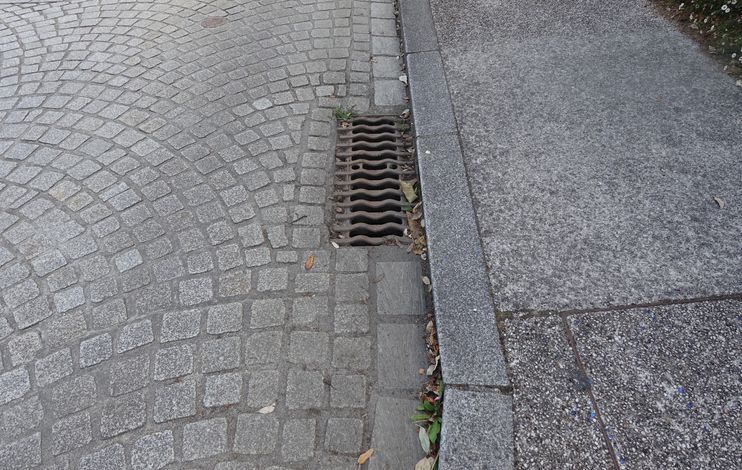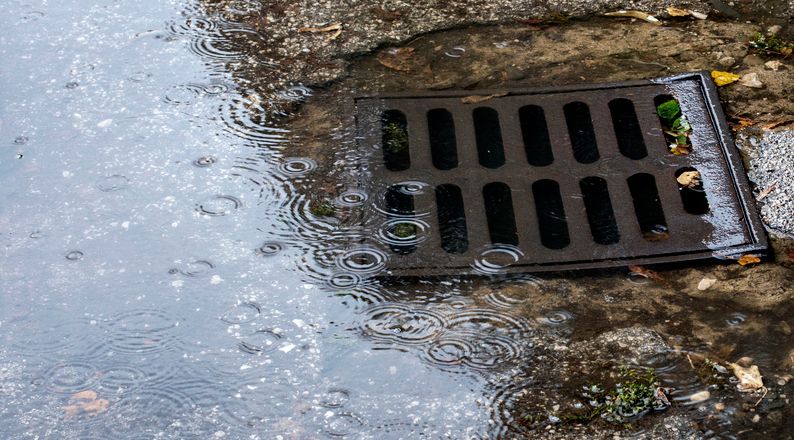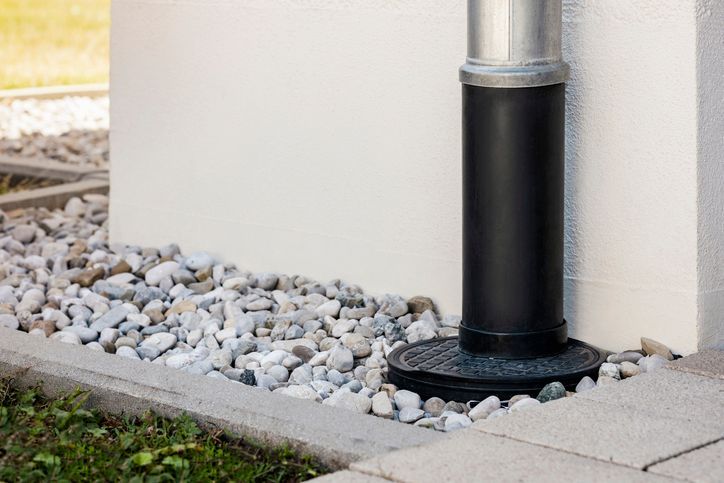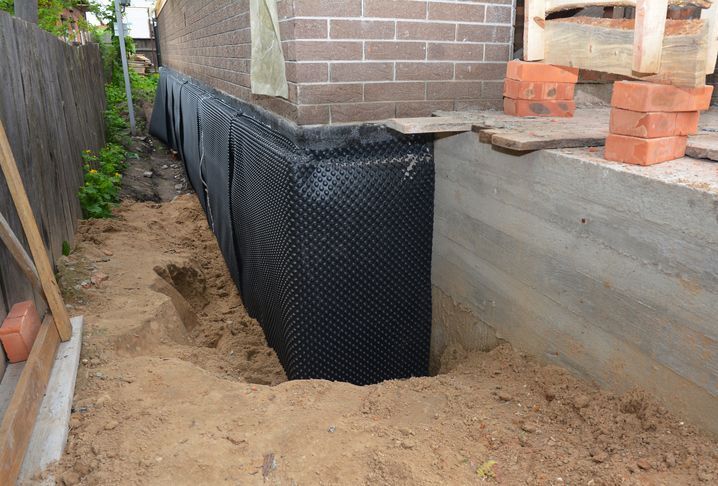Dangers of Standing Water in Your Yard During Winter
Risks of Standing Water in The Winter
The winter season brings snow, ice, and cold temperatures. It is common for water to collect in low-lying areas of your yard during this time, creating dangerous situations for you and your property.
Standing water can lead to various problems, such as damage to your home's foundation, harm to plants and trees, and even health hazards.
One of the main risks of standing water is the potential damage to your home's foundation. If water freezes in areas around your house, it can expand and cause cracks or shifts, weakening the structure's integrity. This can lead to costly repairs or pose a safety hazard for occupants. Additionally, melting snow and ice can seep into basements or crawl spaces, causing further damage.
Standing water is also a threat to any plants or trees in your yard. Prolonged exposure to water can cause root rot, which leads to wilting and death of vegetation. This not only affects the aesthetic appeal of your yard, but it can also impact the health of nearby trees and shrubs.
Apart from property damage, standing water can also create health hazards. Mosquitoes are known to breed in stagnant water, and their bites can transmit diseases such as West Nile virus. Additionally, standing water can attract other pests like rodents and insects that can pose a threat to your home.
How Frozen Water Can Affect Your Lawn During Winter
When the ground freezes, it becomes harder for water to penetrate through the soil. This can result in standing water on your lawn that doesn't drain properly. As a result, parts of your yard may become soggy or flooded, making it difficult to walk or drive through.
What Can Happen if I Don't Fix the Standing Water?
If the standing water in your yard is not addressed, it can lead to serious and costly consequences. Here are some potential problems that may arise if you neglect the issue:
Damage to your home's foundation: As mentioned earlier, frozen water can cause cracks or shifts in your foundation, compromising its structural integrity.
- Soil erosion: When water sits for an extended period, it can erode the soil in your yard. This can cause uneven ground and create hazardous conditions for walking or driving.
- Health hazards: Stagnant water attracts pests that can carry diseases. It also poses a drowning risk for children and pets who may unknowingly wander into flooded areas.
When Should I Water My Pittsburgh Lawn in the Winter?
It is recommended to water your lawn in Pittsburgh during the winter only when temperatures are above freezing, and there is no snow or ice on the ground. It is also important to avoid overwatering, as this can lead to standing water that can freeze and cause damage.
Typically, you will not need to water your lawn in the Pittsburgh area for the winter season. To keep your lawn healthy, it's more important to focus on proper yard drainage to prevent damage to your grass.
Solutions for Standing Water in Your Yard
Fortunately, there are solutions to prevent standing water in your yard during winter. Land grading is the process of adjusting the slope of your yard to facilitate proper drainage. Another solution is to ensure that your yard has proper drainage systems in place, such as French drains or gutter extensions.
How Does Land Grading Work?
Land grading involves reshaping the land to create a slope that directs water away from your home's foundation and towards drainage areas. This process requires specialized equipment and should be done by a professional.
How Do Gutters and Downspouts Work?
Gutters and downspouts are essential for directing rainwater away from your home. However, they can also help with snow and ice melting during the winter. By extending your gutter downspouts away from your house, you can prevent water from collecting near your foundation.
Tips for Proper Yard Drainage
There are several ways to maintain your yard and gutters to prevent standing water during winter. Here are some tips to help improve the drainage in your yard:
- Regularly clean your gutters and downspouts to ensure they are free of debris.
- Check for any low spots in your yard and fill them with soil to create a smoother slope.
- Properly grade your yard so it slopes away from your home's foundation.
- Direct downspouts away from your home's foundation, using extensions if necessary.
- Create swales or trenches in low-lying areas to help direct water toward drainage systems.
Can I Fix the Grading of My Yard Myself?
Land grading can be a complex and labor-intensive process. It is best to consult a professional landscaping company that has experience with land grading in your specific area. They will have the necessary tools, knowledge, and expertise to grade your yard and prevent standing water properly.
Why You Should Use a Professional for Gutter and Downspout Installation
Similar to land grading, proper installation of gutters and downspouts requires expertise and experience. If not installed correctly, they can contribute to standing water issues in your yard. A professional will ensure the gutter system is properly sized and positioned for effective drainage.
It is important to address any standing water issues in your yard before winter arrives to avoid potential dangers and costly damages. Regularly checking for areas where water collects and taking preventative measures can help protect your home and maintain a safe and healthy yard.
Work with Pittsburgh Drain Guys This Winter
With proper land grading and drainage, you can enjoy the winter season without worrying about the dangers of standing water in your yard. Stay safe and take action to prevent any potential hazards during this cold but beautiful time of year.
So, it's essential to address these issues before they become bigger problems. Taking proactive measures can save you time, money, and stress in the long run. Don't let standing water damper your winter season – take action to prevent it today by calling Pittsburgh Drain Guys!


